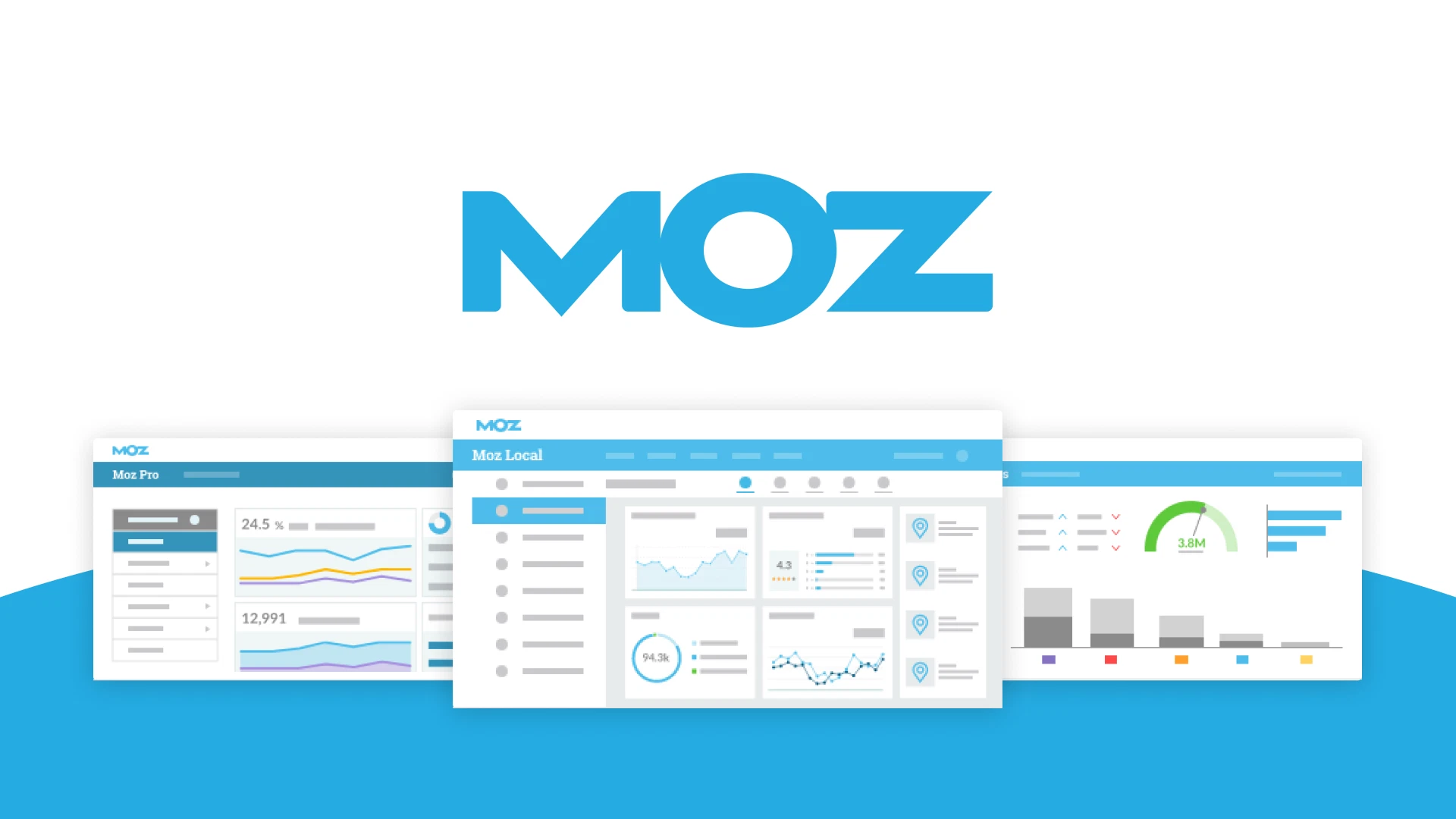Few concepts are as fundamental as what is the difference between keyword research and keyword analysis, when it comes to search engine optimization, digital marketing, and content strategy. These terms are the bridge between what people search for online and the content that businesses, creators, or marketers produce. They form the backbone of discoverability and relevance in digital platforms, whether it is on search engines like Google or within marketplaces like Amazon or YouTube.
Table of Contents
ToggleWhat Is The Difference Between Keyword Research And Keyword Analysis
Due to the importance of these terms, the processes of what is the difference between keyword research and keyword analysis are central to any marketing effort that relies on visibility and traffic. Although they are often mentioned together and sometimes confused as being interchangeable, keyword research and analysis are not the same thing. They are related but distinct steps in the broader strategy. Understanding the difference between them is crucial for building successful campaigns that not only attract traffic but also convert it into meaningful results.
To begin understanding what is the difference between keyword research and keyword analysis, it is important to first grasp the general role of keywords in search behavior. When users go to Google, for example, they express their intent in the form of a query, which is made up of keywords and phrases.
Search engines, in turn, match those keywords with indexed content that seems most relevant. For a business, brand, or website owner, the challenge is to anticipate what words or phrases their audience is likely to use and ensure that their own content aligns with those terms. This is the starting point of understanding what is the difference between keyword research and keyword analysis. However, merely identifying possible queries is not enough.
Once potential queries are identified, they must be evaluated, refined, and monitored to determine whether they are worth pursuing. That step, which is turning raw ideas into actionable insights and measurable performance indicators, belongs to keyword analysis. In other words, research is about discovery, while the second step involves evaluation and decision-making. This is the core of what is the difference between keyword research and keyword analysis
The first phase of what is the difference between keyword research and keyword analysis can be described as the exploration one. It involves casting a wide net to identify as many relevant keywords as possible that might connect with the target audience. The goal here is not to immediately decide which keywords are the best but rather to assemble a pool of potential terms. Keyword research uses a variety of tools and methods, ranging from brainstorming to using dedicated software like Google Keyword Planner, SEMrush, Ahrefs, Moz, Ubersuggest, or other keyword suggestion platforms.
For understanding what is the difference between keyword research and keyword analysis, the process often begins with seed keywords, which are simple, broad terms that describe the main topic, product, or service. For example, if a company sells athletic apparel, a seed keyword might be running shoes. From that starting point, keyword research expands outward to uncover related phrases such as the best running shoes for flat feet, affordable running sneakers, or trail running apparel for women. This process is creative and generative, emphasizing breadth and possibility.
During this first phase of what is the difference between keyword research and keyword analysis, marketers also pay attention to intent, which refers to the reason behind a search. This can be categorized as informational, navigational, commercial, or transactional. Understanding the intent behind a keyword is vital because it ensures that the keywords chosen align with the goals of the website. For example, someone searching for what are the best running shoes for long distance, is likely in the research phase and may be seeking product recommendations, while someone searching to buy online is clearly ready to make a purchase.
Keyword research, therefore, not only discovers words but also begins to categorize them according to the intent behind them. On the other hand, keyword analysis is about narrowing down the field. Once a list of potential keywords is gathered through research, analysis helps determine which of those keywords are actually worth targeting. This is where data-driven decision-making comes into play. Keyword analysis looks at metrics such as search volume, keyword difficulty, competition level, cost per click in paid advertising, and relevance to the business’s goals.
For instance, a keyword with high search volume might seem attractive, but if the competition is dominated by large, authoritative websites, it may be unrealistic for a smaller site to rank for it. Conversely, a query with lower volume but less competition might represent a better opportunity. The second phase of what is the difference between keyword research and keyword analysis is the stage where strategy sharpens. It requires balancing the opportunity that a keyword presents with the feasibility of achieving visibility for it.
Another major element to understand what is the difference between keyword research and keyword analysis lies in timing and continuity. The first phase is typically conducted at the beginning of a campaign, when there is a need to understand the landscape and identify opportunities. It is exploratory in nature and often repeated when launching new content areas, products, or markets. Keyword analysis, however, is an ongoing process. It does not stop once keywords are selected. Rather, analysis is continually applied to monitor how chosen keywords are performing in real-world conditions.
Search engine rankings shift, competitors adjust their strategies, and behavior evolves. An effective first phase of what is the difference between keyword research and keyword analysis keeps track of performance over time, using data from analytics tools, search console reports, and ranking trackers to assess whether keywords are delivering the expected traffic and conversions. If not, adjustments can be made, such as targeting new queries or optimizing existing content.
Keyword research also tends to be more qualitative at the beginning. It involves brainstorming, observing trends, and understanding the language of the audience. It requires empathy with the searchers, imagining what they might type into a search box. Keyword analysis, by contrast, is highly quantitative. It depends on numbers, percentages, and rankings. It answers questions like how many people search for a specific keyword every month, how many other websites are competing for it, what is the click-through rate, how much would it cost to bid on a specific keyword in Google Ads.
The second phase of what is the difference between keyword research and keyword analysis relies heavily on data to inform choices, while research relies more on creativity and exploration. A useful way to conceptualize the relationship between research and analysis is to think of keyword strategy as similar to panning for gold. Keyword research is like scooping up sand and gravel from the riverbed. You gather a wide variety of raw material, much of which may or may not contain value. Keyword analysis is the process of sifting and separating, identifying which parts of the raw material are valuable nuggets and which are not worth pursuing.
Both steps are necessary. Without research, there is no material to analyze. Similarly, with skipping analysis, the material remains an unfiltered mass of possibilities, and there is no way to prioritize or act. Another difference is that keyword research is more outward-facing, while analysis is inward-looking. The first looks outward toward the market, audience, and competitors, seeking to discover what words are being used. Analysis looks inward, asking how those words intersect with the specific goals, strengths, and limitations of the business.
For example, keyword research may reveal that luxury running shoes has a significant search volume. But if a business specializes in affordable, entry-level athletic footwear, analysis will conclude that this keyword is irrelevant or even counterproductive. Thus, analysis adds context to research by aligning opportunities with business identity. What is the difference between keyword research and keyword analysis can also be seen in the tools and methods used.
Research often employs suggestion tools, autocomplete features, and competitive spying to generate lists. Marketers might use Google Trends to see how interest in a topic is growing or declining, or use forums and social media to hear the words real people use. Analysis, in contrast, depends more on keyword difficulty scores, traffic potential metrics, click-through data, and analytics dashboards.
Analysis looks at actual performance data, such as how much organic traffic a keyword brings, how it contributes to conversions, and whether it aligns with return on investment goals. In this way, both research and analysis complement each other, each addressing a different dimension of the keyword process.
Another critical element in what is the difference between keyword research and keyword analysis is the perspective on time. The first phase is inherently speculative and forward-looking. It tries to predict what people will search for and how they might phrase their queries. Analysis, however, is grounded in present and past data. It evaluates what is happening now and what has already happened. It often reveals surprises, such as keywords that unexpectedly perform well or fail despite strong research predictions.
For instance, research may indicate that a certain long-tail keyword should be easy to rank for, but analysis may later show that traffic is low or that visitors from that keyword do not convert. This temporal difference, which is research predicting future possibilities, analysis assessing current and past performance, shows how the two processes are distinct yet interdependent.
It is also worth noting that the scope of the first phase in what is the difference between keyword research and keyword analysis is usually broader, while the second narrows it down. In the initial one, thousands of potential keywords may be discovered, covering a wide variety of topics, intents, and niches. Analysis reduces that pool to a manageable number of target keywords that will drive content creation and optimization. The funnel narrows from broad exploration to focused execution. Without analysis, research results in an overwhelming list with no clear priorities. Without the first phase, the second one has no raw material to refine.
Understanding what is the difference between keyword research and keyword analysis is also important because it shapes workflow. In practice, a digital marketing campaign often begins with producing a master list of potential terms. Then analysis evaluates those terms, selecting the most strategic ones. After that, content is created or optimized around those target keywords. Once the craft is live, ongoing analysis tracks performance, leading to new insights that may trigger further research. This cyclical process ensures that the keyword strategy remains adaptive and effective.
Understanding what is the difference between keyword research and keyword analysis helps teams manage their efforts more efficiently, knowing which tools and methods to apply at each stage. An example can help illustrate the difference more concretely. Suppose a small e-commerce company sells eco-friendly water bottles. During keyword research, they might identify terms like BPA-free bottle and sustainable drink container. They might also look at competitor sites and see what keywords they rank for, adding more terms to their list.
At this stage, the list could contain hundreds of possibilities. Keyword analysis then steps in to evaluate. The company might see that reusable water bottles has extremely high search volume but also great competition dominated by global brands. Eco-friendly water bottle may have moderate search volume and competition, making it a viable target. Sustainable drink container may have low competing and mass, meaning it could be a niche keyword worth targeting for blog content.
Through analysis, the company prioritizes eco-friendly water bottle as a primary keyword and sustainable drink container as a secondary long-tail one, shaping their strategy. Later, by tracking analytics, they may find that visitors arriving through sustainable drink container convert at higher rates, prompting them to invest more content in that direction. This example highlights what is the difference between keyword research and keyword analysis, with regards to their different but complementary roles.
The importance of understanding what is the difference between keyword research and keyword analysis also lies in resource allocation. The first phase requires creative time and tool usage, but the second demands consistent monitoring and interpretation. A team that confuses the two may spend too much time generating lists without ever applying critical judgment, or they may analyze too soon without having gathered a broad enough pool. By clearly separating research from analysis, resources can be allocated efficiently. Teams know when they are in exploration mode and when they are in decision-making mode.
In academic or professional discussions about what is the difference between keyword research and keyword analysis, some may argue that the second is simply a subset of the first, and to some degree that is true. The concept of research can be seen as the overarching term that includes both discovery and evaluation. However, in practical usage, most professionals treat them as distinct phases. Research is about finding keywords, analysis is in choosing and using them. The distinction matters because it prevents ambiguity and ensures clarity in workflow and communication within teams.
Another dimension worth considering in what is the difference between keyword research and keyword analysis is how both fit into broader marketing strategy. The first phase connects closely with market and audience insights. It helps answer questions like what is the audience searching for, which problems are they trying to solve, and what language do they use. Analysis, on the other hand, connects more directly with business intelligence and performance measurement. It answers questions like are we ranking for the targeted keywords, are they bringing qualified traffic or contributing to sales, leads, brand visibility.
Understanding what is the difference between keyword research and keyword analysis helps in forming a feedback loop between audience understanding and performance measurement. It is also valuable to reflect on the evolution of keyword practices. In the early days of search engine optimization (SEO), research and analysis were simpler. The first phase often meant compiling a list of high-volume keywords and stuffing them into content. On the other hand, analysis was limited to tracking rankings.
Today, both research and analysis are more sophisticated. Nowadays, the first phase incorporates semantic search, long-tail variations, and user intent. The second considers not only rankings but also user engagement, dwell time, bounce rates, and conversion rates. The line separating what is the difference between keyword research and keyword analysis is sharper because the processes are more complex. This makes it even more important to recognize these differences and apply each properly.
Ultimately, what is the difference between keyword research and keyword analysis can be summarized as exploration and evaluation, creativity and data, possibility and strategy. The first phase finds the opportunities, while analysis measures their value. Research is about asking what could work, while the second phase answers what does work.
To sum up what is the difference between keyword research and keyword analysis, the first phase is the beginning, while the second is the refinement. Both are indispensable, and the effectiveness of one depends on the other. If the first is not thorough, the second has little to work with. If analysis is not applied, research remains an unfiltered list. Together, they create the backbone of a keyword strategy that can guide content creation, search engine optimization (SEO), paid advertising, and overall digital visibility.
To answer what is the difference between keyword research and keyword analysis, both are two distinct but interconnected components of an effective search strategy. The first phase is the art of discovery, identifying the terms and phrases that reflect the language and intent of an audience. On the other hand, analysis is the science of evaluation, determining which of those terms offer real opportunities and monitoring their ongoing performance.
Understanding what is the difference between keyword research and keyword analysis allows businesses and marketers to allocate resources wisely, align efforts with goals, and build campaigns that not only attract attention but also deliver results. While research is broad, creative, and outward-facing, analysis is narrow, data-driven, and inward-looking. Both must work together in a continuous cycle to adapt to changing trends, competition, and search behaviors. Recognizing this distinction is not just a matter of terminology but a strategic advantage in the competitive world of digital marketing.
At A Glance
What is keyword research?
Keyword research is the process of discovering potential search terms your audience uses, focusing on breadth, creativity, and search intent.What is keyword analysis?
Keyword analysis evaluates those terms using data like search volume, competition, and relevance to decide which are worth targeting.What’s the key difference?
Research is about exploration and identifying opportunities, while analysis is about evaluation, prioritization, and ongoing performance monitoring. Both together ensure effective SEO strategy.








